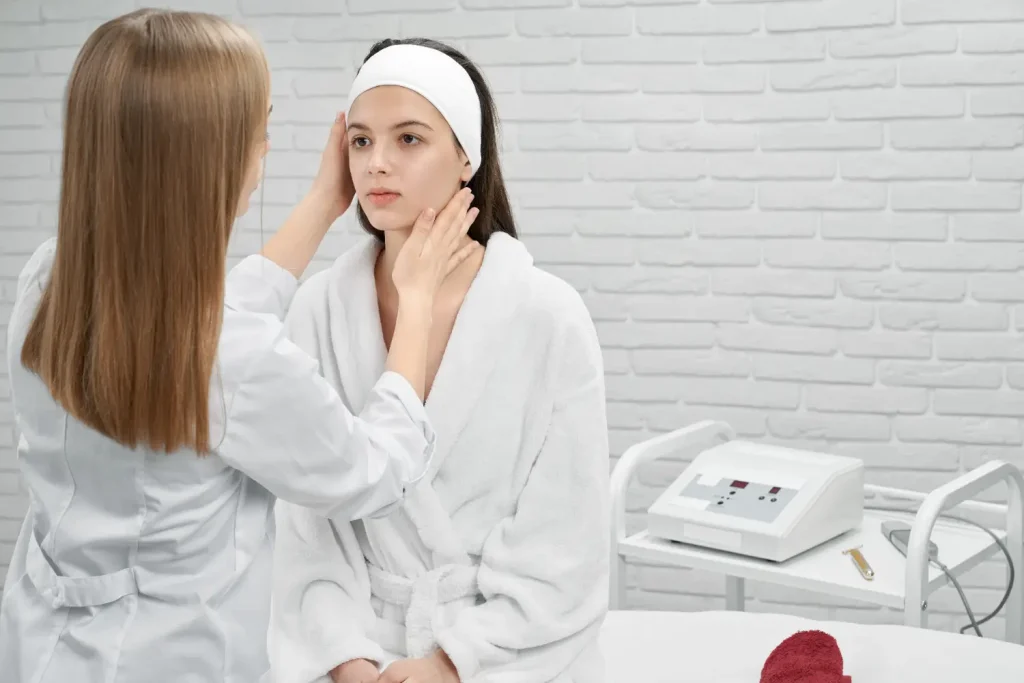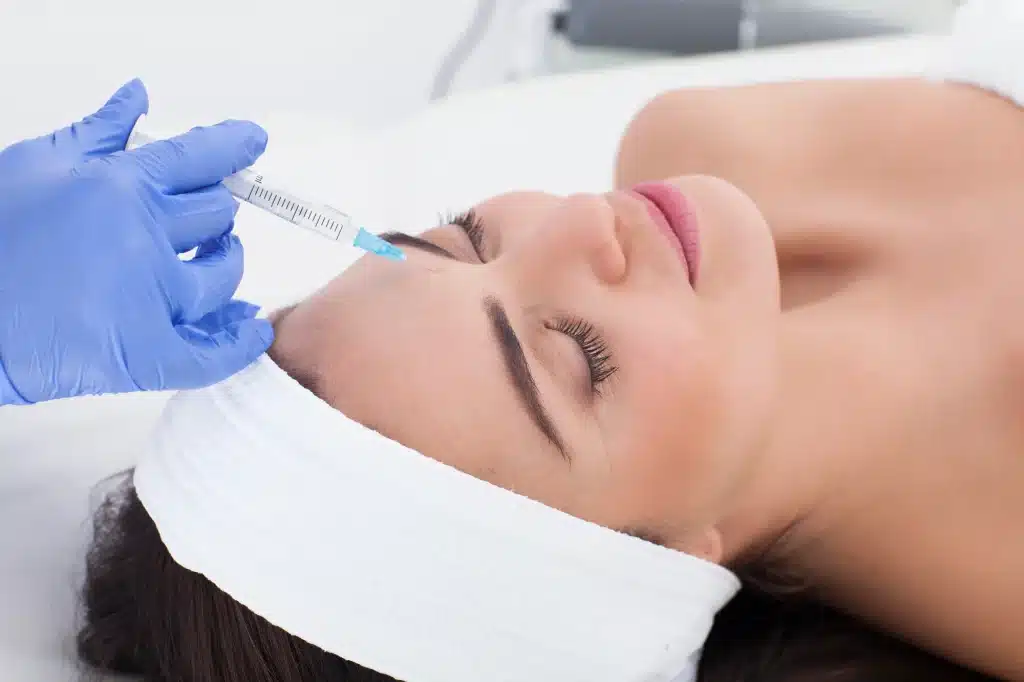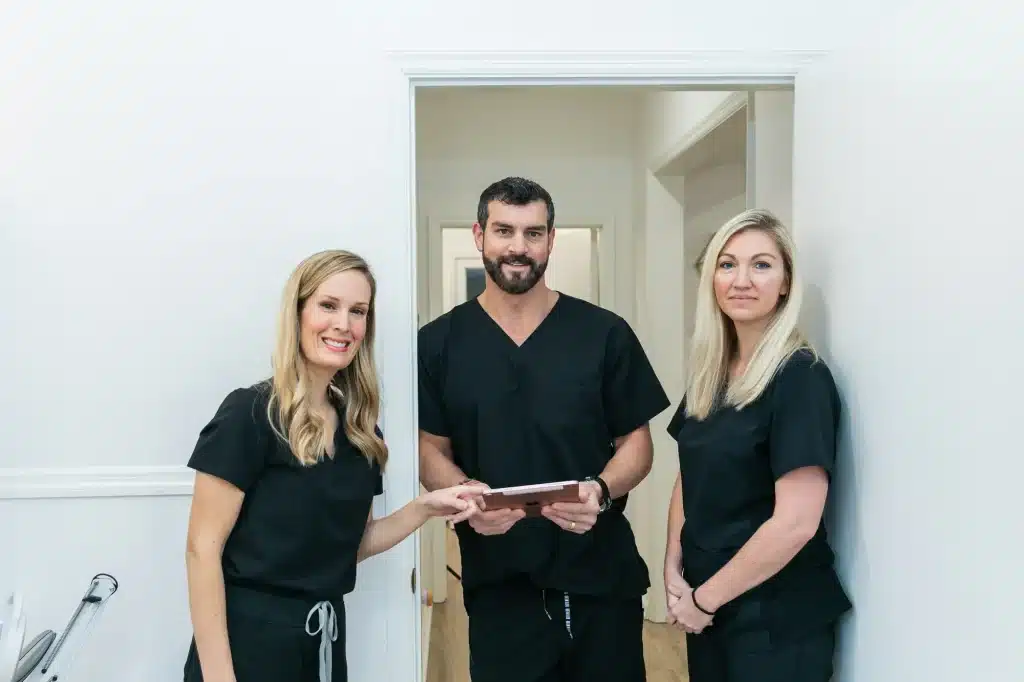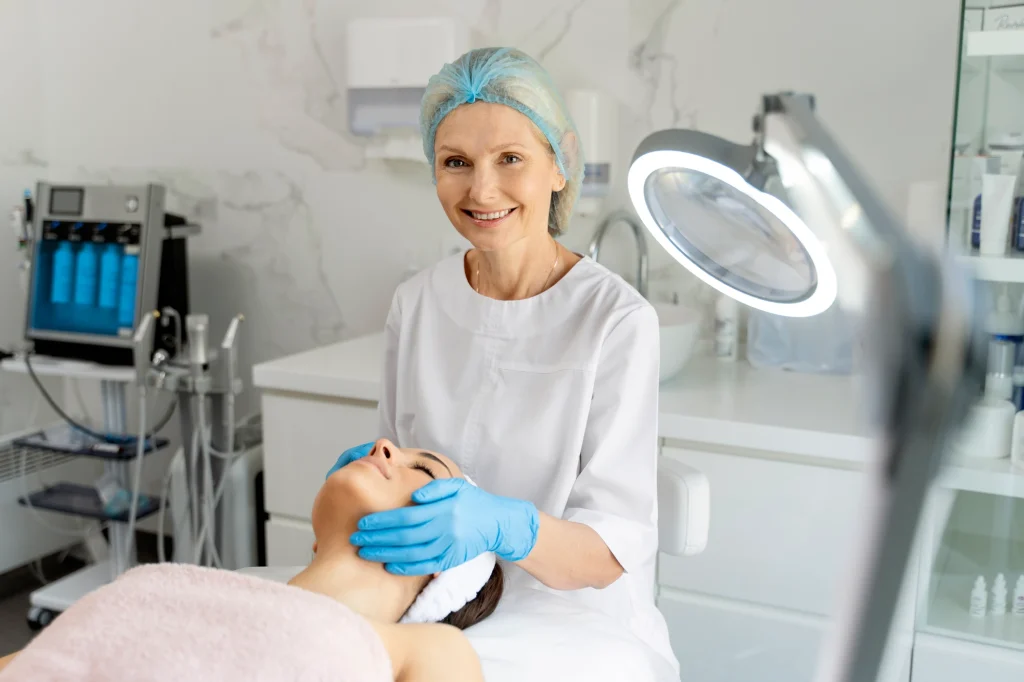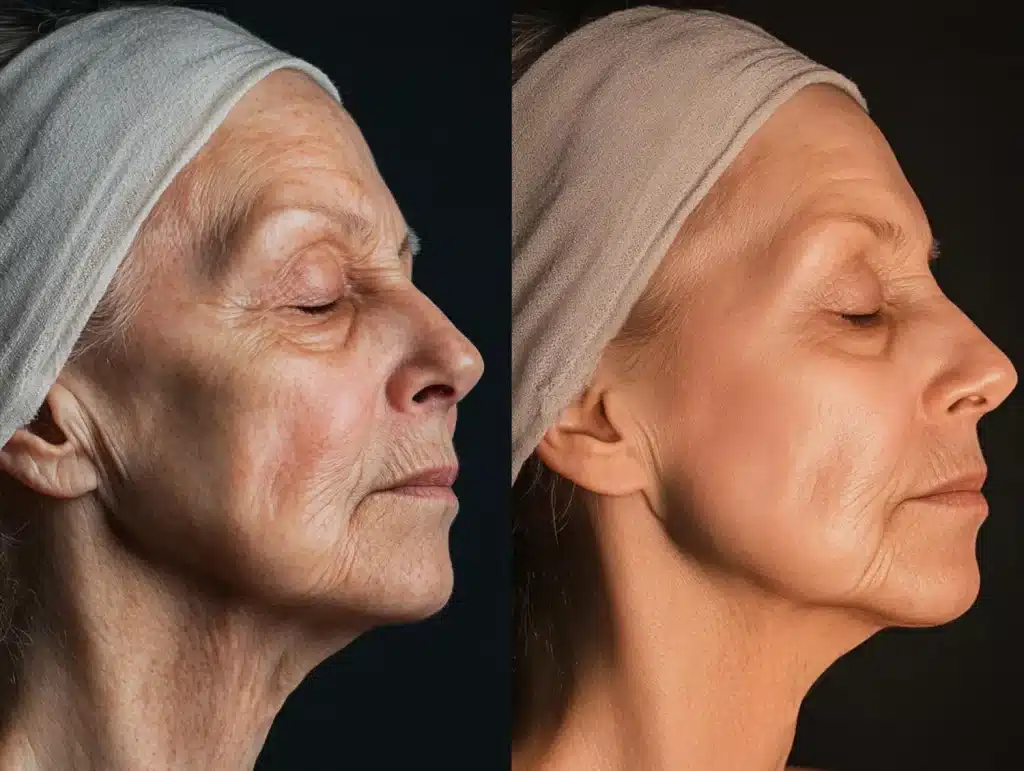There are many purposes for which people choose cosmetic surgery, among the most common being reducing or eliminating signs of aging, wanting a better professional image, and, unfortunately, desiring to resolve a perceived poor body image. It is no surprise, of course, that when researchers studied teens and their views on cosmetic surgery procedures, they found as a majority, bullied teens were more likely to harbor a desire for cosmetic surgery. That was not the surprising result, though, as it was shown that the bullies themselves also shared the opinion on aesthetic improvements.
For their study, the researchers at the University of Warwick, Coventry in the United Kingdom surveyed students between the ages of 11 to 16. The participants included 139 bullying victims, 146 bullies, 294 students who were both bullies and bullied themselves, and 173 teens who had no involvement in bullying. Once these groups were identified, the researchers asked the teens if they would be interested in cosmetic surgery to change their appearance or make themselves more attractive.
Not surprisingly, the group most interested in cosmetic surgery were the bullying victims, with 11.5% saying they would seek surgery. Bullying can take its toll on a person’s self esteem and cause emotional problems, and if the students were constantly taunted about a perceived physical flaw, they would likely believe fixing that perceived flaw would stop the bullying. Victimization leads to poor psychological functioning, the researchers say, which leads to an increased desire for cosmetic surgery. This is not a healthy reason for seeking aesthetic improvements.
What was surprising, however, was that the bullies themselves were also interested in cosmetic surgery, with 3.4% of bullies desiring surgery. Although they were not as likely to desire aesthetic changes as their victims, they were much more likely than the uninvolved students to desire surgery. According to the researchers, they are likely seeking cosmetic surgery for entirely different reasons. The bullies may want to use aesthetic changes to improve their appearance, thus increasing social status.
Of teens who were bullies and had been bullied themselves, 8.8% expressed an interest in cosmetic surgery. Only 7.3% of girls and 2% of boys not involved in bullying desired cosmetic surgery.
As bullying victims start desiring cosmetic surgery as young as 11, they are developing ideas that may stick with them for life. Past studies had discovered about half of adults who sought cosmetic surgery also had a history of bullying or teasing. It could be that the exaggerated attention their perceived flaws had as a child increased their self-consciousness about that perceived flaw as an adult, and combined with poor self-esteem and psychological functioning, these vulnerable adults sought to find solutions under the plastic surgeon’s knife.
Plastic surgery is gaining popularity, with a reported 17,192,816 cosmetic procedures performed in 2016 in the U.S. alone. This included more than 1.7 million surgical procedures and more than 15 million minimally-invasive procedures, such as botulinum toxin and dermal filler injections. Between 2014 and 2015, there were 230,000 procedures in the U.S. performed on 13 to 19-year-olds, so cosmetic surgery is not limited to adults. With this overall increase in procedures, the researchers were interested in learning what drives people to seek out these body improvements. Previous studies had suggested poor body image and low self-esteem were major reasons people sought plastic surgery, so the researchers were likely not surprised to learn that there was a link between cosmetic surgery desire and poor psychological functioning in teens.
The researchers suggest that when plastic surgeons screen their patients, they should screen for psychological vulnerability along with past bullying victimization. Encouraging these bullying victims to seek mental health help may reduce their desire for cosmetic surgery, if they are seeking plastic surgery for all the wrong reasons. Addressing mental health issues even earlier, helping the bullying teens face their psychological trauma, could help reduce their desire for cosmetic surgery later in life.
Not all desire for cosmetic surgery is negative, of course. Many with good self esteem still want to correct a part of their body that bothers them, such as a crooked nose or small breasts. Others seek to make small enhancements, such as smoothing their wrinkled skin, or make small corrections that improve how others see them, such as erasing frown lines. When someone has poor self-esteem to begin with, though, no amount of breast enlargement or wrinkle smoothing can improve how they feel about themselves and their body. The key is for the cosmetic practitioner to recognize when the desire for cosmetic surgery is based on positive desires instead of negative experiences such as past bullying.
Medical Spa RX offers a huge selection of dermal fillers, daily skincare products, chemical peels, and other medical aesthetic products for making subtle improvements to skin. To view all available products, such as Xeomin, contact a customer service associate or visit MedicalSpaRX.com today.


